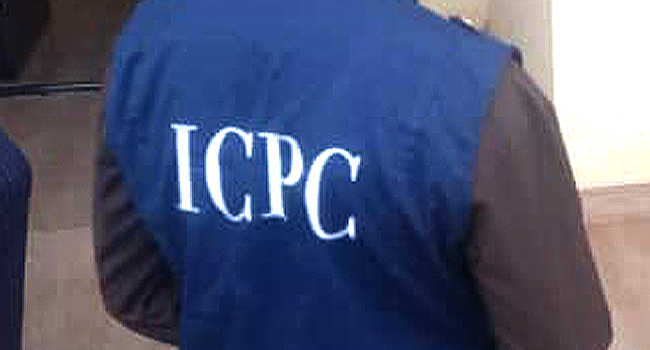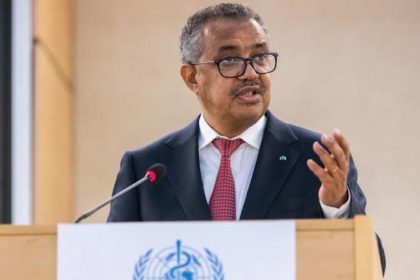ABUJA –The Independent Corrupt Practices and Other Related Offences Commission (ICPC) has officially launched the 7th phase of its constituency and executive projects tracking exercise.
This monumental initiative, which encompasses 1,500 projects valued at an impressive ₦610 billion, is set to evaluate the effectiveness of funds allocated to critical sectors including education, health, agriculture, water resources, and power.
The announcement was made by ICPC spokesperson Demola Bakare in a statement released on Tuesday, marking a significant step forward in the commission’s ongoing effort to track public spending and improve governance across Nigeria.
The tracking exercise, which began in 2019, aims to ensure that public funds are utilized efficiently and in accordance with defined project specifications.
“This exercise is crucial for enhancing the administration of public funds and promoting transparency in government projects,” Bakare noted. The ICPC’s initiative is not just about monitoring; it seeks to ensure adherence to due process in the execution of government contracts, ultimately striving for better value for money for Nigerian citizens.
The 7th phase of the tracking exercise will not only focus on traditional government agencies but will also include vital intervention agencies such as the North-East Development Commission (NEDC) and the Niger Delta Development Commission (NDDC).
This broad scope reflects the ICPC’s commitment to encompassing all avenues through which public funds may flow, thus creating a systematic approach to governance oversight.
Bakare’s statement outlines the various government agencies involved in this extensive examination process, including the National Agricultural Land Development Authority (NALDA), Universal Basic Education Commission (UBEC), Rural Electrification Agency (REA), National Primary Health Care Development Authority (NPHCDA), Tertiary Education Trust Fund (TETFUND), and the Ecological Fund Office.
Each of these agencies plays a crucial role in the development of Nigeria’s critical infrastructure and services, making the tracking exercise imperative for ensuring they operate effectively and within their mandates.
The phased tracking will commence in the Federal Capital Territory (FCT) and will extend to 21 additional states, spanning all six geopolitical zones of Nigeria. The states include Kwara, Niger, Kogi, Kebbi, Kano, Kaduna, Jigawa, Bauchi, Gombe, Borno, Lagos, Ondo, Osun, Oyo, Akwa Ibom, Rivers, Cross River, Delta, Imo, Abia, and Enugu, along with the FCT.
With the staggering volume of projects and funds involved, the ICPC aims to ensure that the objectives of each project align with the contracts awarded.
Bakare emphasized that the underlying goal is to cultivate a culture of compliance, thereby reinforcing public trust in governmental processes.
The need for such initiatives is underscored by Nigeria’s persistent challenges with corruption and mismanagement of public resources. While the country has vast potential for growth and development, inefficiencies and malpractices in government projects often hinder progress, undermining the intended benefits of public investments.
By targeting the heart of these issues, the ICPC hopes to significantly improve governance and restore public confidence. Citizens are encouraged to engage actively with this exercise, which seeks to put their interests front and center.
The commission recognizes that a transparent process allows for greater public participation and vigilance, which is essential for combating corruption.
As the ICPC embarks on this critical phase of monitoring, the outcomes will be closely watched by various stakeholders, from government officials to civil society organizations and the general public.
The data collected will not only serve as a tool for accountability but will also inform future policy decisions aimed at enhancing the efficiency of Nigeria’s public service delivery.
This initiative marks a hopeful chapter in Nigeria’s fight against corruption, signifying a commitment to scrutinizing how public funds are deployed.
By focusing on integrity and transparency, the ICPC’s comprehensive tracking of projects will undoubtedly play a pivotal role in reshaping the landscape of governance in Nigeria.
As the nation’s eyes turn towards the developments that will unfold from this exercise, the ICPC stands at the forefront of a crucial movement—one that has the potential to bring about meaningful and lasting change in how public projects are executed and managed.
The launch of the 7th phase of the constituency and executive projects tracking exercise not only represents a significant milestone for the ICPC but also embodies the broader aspirations of Nigeria as it aims for improved governance and accountability in the usage of public funds.




